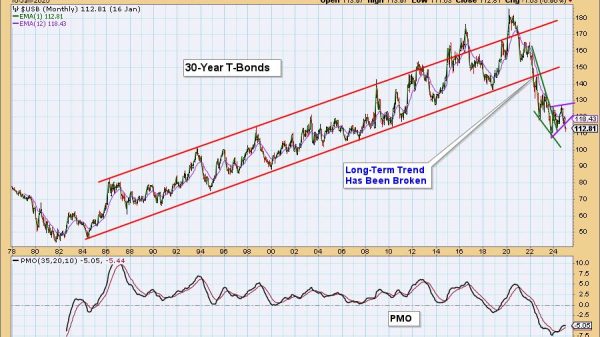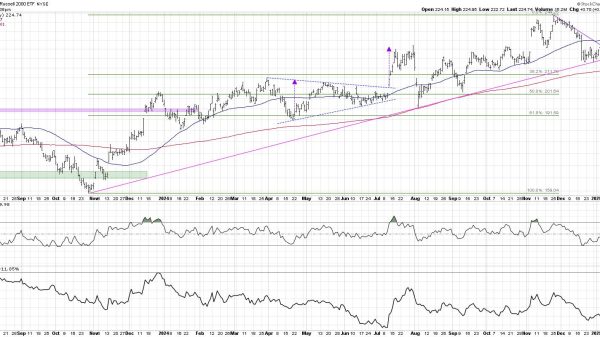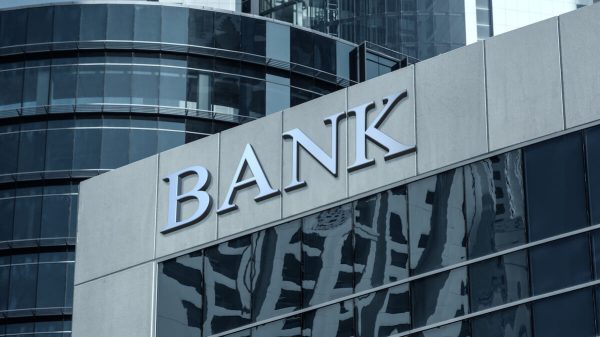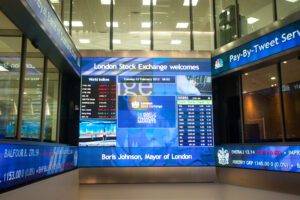Calls are increasing for the UK’s £4 billion-a-year share trading tax to be reduced or scrapped in an effort to reinvigorate our capital markets.
When buying shares Brits are charged a stamp duty of 0.5 per cent on the purchase price.
Over the weekend Chinese authorities slashed their own stamp duty on shares to give battered equity markets a shot in the arm.
Some are now calling for similar here.
James Ashton, the chief executive of the Quoted Companies Alliance, said a move to scrap the share trading tax would be a “bold” move to give London’s stock markets some much needed life.
A combination of take-private deals and a low price to earning ratio across the capital’s equity markets have seen many in the City fear for the reputation of London as a listing destination.
Ashton described the tax as “a dampener that doesn’t even exist on Wall Street.”
The Treasury brought in £3.7bn from the tax in 2022-23, after a £4.4bn windfall the year before.
Imposing stamp duty on the buying of shares puts off investors, leaves Britain at a competitive disadvantage compared to our international rivals and makes us all poorer in the long run. Like any transaction tax – for example, the stamp duty imposed on house-buying – it results in less of the activity being taxed,” said Nick King, a research fellow at the Centre for Policy Studies and author of the recent report aimed at invigorating London’s stock markets, Retail Therapy.
“That not only means less liquidity in the market, but that all our pension funds and savings end up being smaller, through a thousand tiny cuts of the knife.”
Richard Wilson, the chief executive of retail investment platform Interactive Investor, has also called for the tax to be axed to encourage pension funds into equity markets rather than bonds.
“Pension companies are increasingly cost conscious, and stamp duty is another unnecessary barrier to investing in UK shares.”
The comments point to a plunge in pension funds’ holding of UK equities in the past two decades and a mass migration to fixed income assets. The move has in part been triggered by tax tweaks rolled out in the early 2000s.
Read more:
Axe £4bn-a-year share tax holding back stock markets, government told























